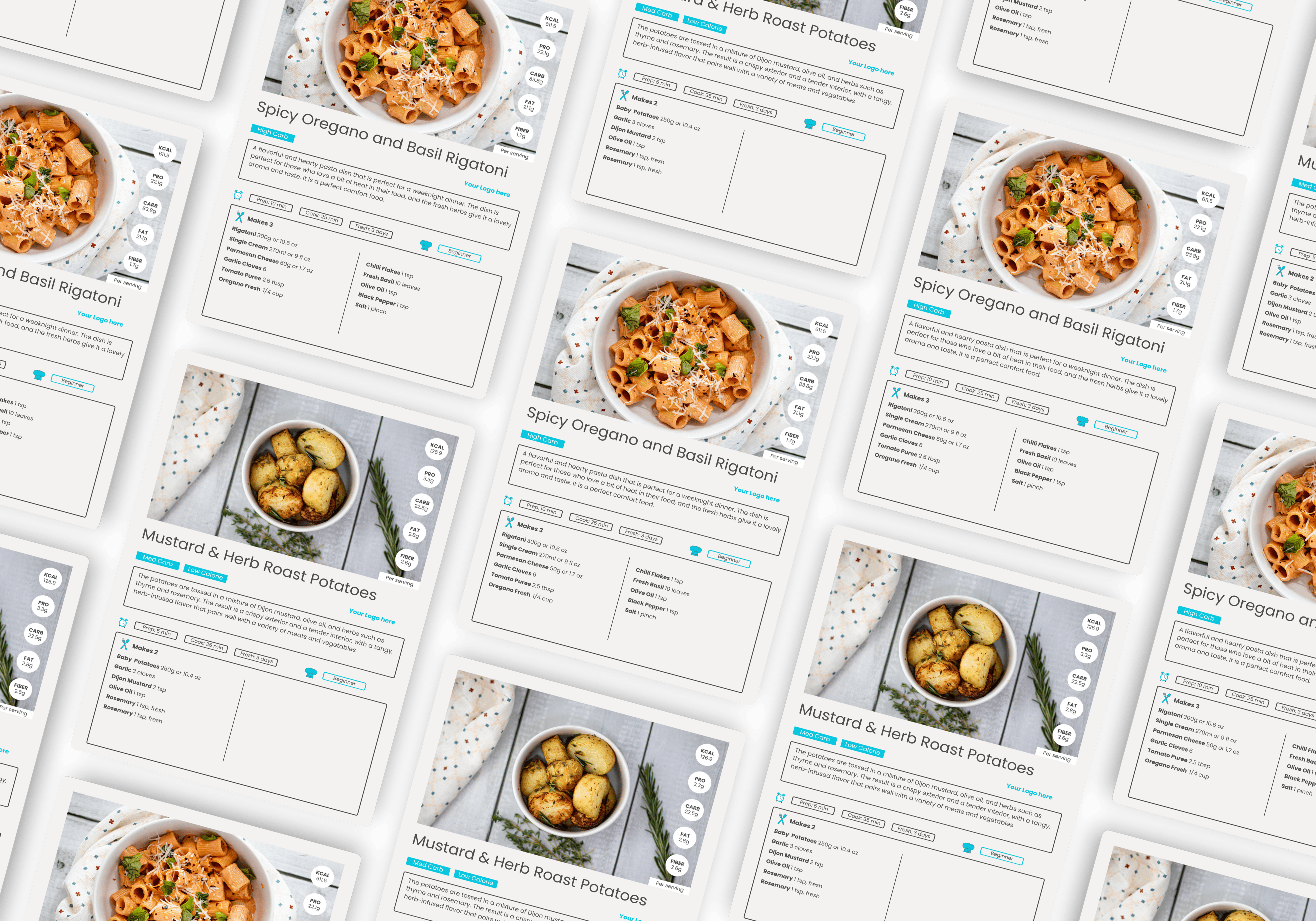Keeping Clients Motivated: Strategies for Long-Term Success
Developing client motivation (and maintaining it) is an ongoing challenge for nutritionists, dieticians, and online fitness coaches.
When clients are motivated, they’re more likely to adhere to their plans and achieve their goals.
In this blog post, we’ll explore practical strategies to keep your clients motivated and committed to their long-term success.

Establishing Realistic Goals
Help your clients set achievable, realistic goals that align with their unique circumstances, abilities, and desires. This can rapidly aid in developing client motivation Setting unrealistic goals can lead to frustration, loss of motivation, and eventual failure. Here’s how to establish realistic goals:
- Use the SMART criteria: Goals should be Specific, Measurable, Achievable, Relevant, and Time-bound.
- Focus on small, incremental changes: Encourage clients to make small, sustainable lifestyle changes that will lead to lasting results.
- Monitor and adjust goals as needed: Regularly review and adjust goals based on your client’s progress and changing circumstances.
Building a Strong Support System
A strong support system is vital for client motivation. Encourage your clients to build a network of support, including friends, family, and peers. Offer the following suggestions:
- Share goals with loved ones: Clients should inform their close friends and family about their health goals to gain encouragement and accountability.
- Join online communities: Recommend relevant online forums or social media groups where clients can connect with like-minded individuals for support and advice.
- Leverage your professional network: Connect your clients with other professionals who can offer complementary services, such as personal trainers, therapists, or medical specialists.
Developing a Personal Connection
Building a personal connection with your clients fosters trust, loyalty, and motivation. Here are some ways to develop meaningful relationships with your clients:
- Show genuine interest: Ask clients about their lives, interests, and challenges, and listen actively to their concerns.
- Be empathetic and understanding: Validate your clients’ feelings and experiences, and offer support and encouragement during difficult times.
- Celebrate achievements: Acknowledge and celebrate your clients’ accomplishments, both big and small, to reinforce their motivation and self-confidence.
Tracking Progress and Providing Feedback
Regular progress tracking and feedback can help clients stay motivated by highlighting their achievements and identifying areas for improvement. Consider the following strategies:
Utilize progress tracking tools: Use apps, spreadsheets, or other tools to help clients monitor their progress in various aspects of their health journey.
Conduct regular check-ins: Schedule periodic check-ins to discuss progress, address concerns, and adjust plans as needed.
Offer constructive feedback: Provide honest, constructive feedback to help clients overcome obstacles and stay on track towards their goals.
Using Intrinsic and Extrinsic Motivation
Both intrinsic (internal) and extrinsic (external) motivation can play a role in keeping clients committed to their health goals. Here are some ways to leverage these types of motivation:
Identify personal values: Help clients uncover their core values and connect their health goals to these values for deeper intrinsic motivation.
Use extrinsic rewards strategically: Implement rewards, such as small treats or tokens of appreciation, to reinforce positive behaviors and achievements.
Encourage self-compassion: Teach clients to be kind to themselves and avoid self-criticism, fostering a positive mindset that supports intrinsic motivation.
Using Intrinsic and Extrinsic Motivation
Both intrinsic (internal) and extrinsic (external) motivation can play a role in keeping clients committed to their health goals. Here are some ways to leverage these types of motivation:
Identify personal values: Help clients uncover their core values and connect their health goals to these values for deeper intrinsic motivation.
Use extrinsic rewards strategically: Implement rewards, such as small treats or tokens of appreciation, to reinforce positive behaviors and achievements.
Encourage self-compassion: Teach clients to be kind to themselves and avoid self-criticism, fostering a positive mindset that supports intrinsic motivation.
Educating Clients
Educating your clients about the importance of nutrition, exercise, and a healthy lifestyle can strengthen their motivation. Empower clients with knowledge and understanding to help them make informed decisions and recognize the benefits of their efforts. Consider the following approaches:
Share relevant resources: Provide clients with articles, books, podcasts, or videos on topics related to their goals and interests.
Address misconceptions: Correct any misunderstandings or myths about nutrition, exercise, or health that could hinder your client’s progress.
Explain the “why”: Ensure clients understand the rationale behind your recommendations, as this can enhance their motivation to follow through.
Personalizing Your Approach
Every client is unique, and a personalized approach can enhance motivation by addressing their specific needs, preferences, and challenges. Tailor your methods to each client by:
Adapting to different communication styles: Recognize your client’s preferred communication style and adapt accordingly to foster a stronger connection.
Providing customized solutions: Offer tailored meal plans, workout routines, and other recommendations that align with your client’s preferences and lifestyle.
Acknowledging individual challenges: Understand the unique obstacles your clients face and provide support and guidance to help them overcome these challenges.
Encouraging Self-Motivation
Ultimately, your clients must be self-motivated to achieve long-term success. Encourage them to take ownership of their health journey by:
- Setting personal intentions: Help clients create daily or weekly intentions that align with their goals, fostering a sense of purpose and direction.
- Practicing self-reflection: Encourage clients to regularly reflect on their progress, accomplishments, and areas for improvement.
- Developing healthy habits: Teach clients to establish routines and habits that support their health goals, making it easier for them to stay on track.
Conclusion
Developing client motivation is critical to their long-term success. By employing the strategies outlined in this blog post, you can foster lasting motivation and commitment in your clients, helping them achieve their health and fitness goals. As a nutritionist, dietician, or online fitness coach, your role in supporting and empowering your clients is invaluable. By continually refining your approach and staying attuned to their needs, you can make a significant difference in their lives.



